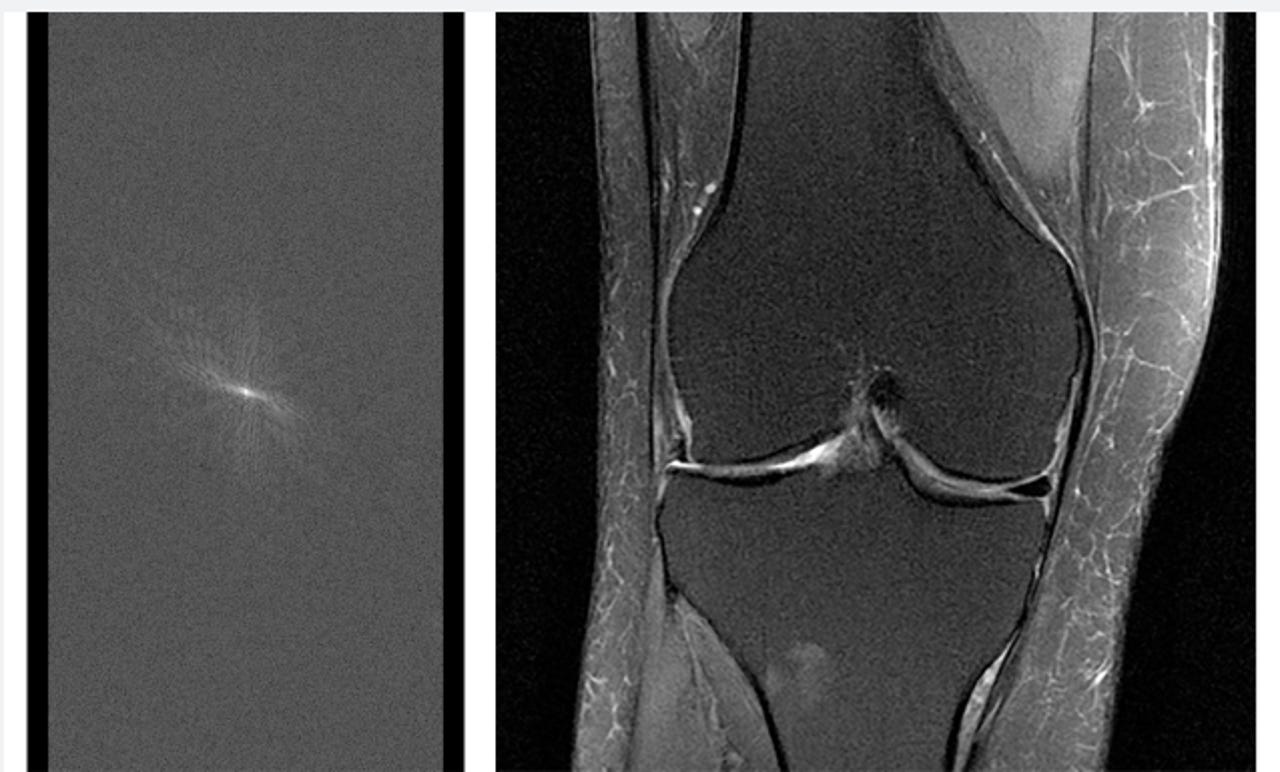Facebook, NYU aim to use AI to speed up MRI scans


Facebook's artificial intelligence research group and the NYU School of Medicine have collaborated on tools that could speed up magnetic resonance imaging scans.
In conjunction with NYU School of Medicine's Department of Radiology, Facebook researchers set out to use AI to make MRI scans 10x faster. Machine learning and artificial intelligence are key technologies for the MRI market, which is aiming to scan and interpret MRIs faster.
The research project, dubbed fastMRI, was able to produce reliable MRI scans with less data. If MRI machines can operate well without as much data as collected today, the scanning process can be sped up dramatically. People who are claustrophobic, in pain or young have trouble with MRI scans that can take more than an hour. NYU's Center for Advanced Imaging Innovation & Research is focused on bringing new technologies to speed up and improve medical images.
According to NYC and Facebook, the initial focus of fastMRI is to change how the MRI machines operate. Scanners gather numerical data in a series of sequential views and then the data into cross-sectional images. More data means more time in the MRI machine.
That approach is notable since a lot of medical imaging research with AI has revolved around interpreting results with machine learning. Consider:
- Qure.ai launches AI system to read head CT scans and find abnormalities
- Nvidia, Nuance team up to bring AI, machine learning to radiologists
- Nvidia and MIT get a step closer to 'Computer, enhance' image cleaning
FastMRI used an NYU School of Medicine data set of 10,000 clinical cases and 3 million MRIs of the knee, brain and liver. Patient data was stripped out along with distinguishing features. No Facebook data was used.
As the research project progresses, fastMRI said it will open source the work and Facebook will share AI models, baselines and evaluation metrics. NYU will open source the image data set.
See all digital health and wellness
In theory, new techniques for MRIs could treat more patients and lower costs as well as radiation exposure from X-rays and CT scans.
AI can speed up the MRI process by training neural networks to recognize the structure of the images and fill in views. The process is similar to how a human brain can receive an incomplete picture and fill in missing parts.
The catch is that neural networks have to bridge gaps without hurting accuracy. NYU Langone Health, which counts the NYU School of Medicine as a department, has been working on imaging and AI. NYU is also an IBM partner.
The project will focus on MRIs first, but also expand to other medical imaging areas such as CT scans.